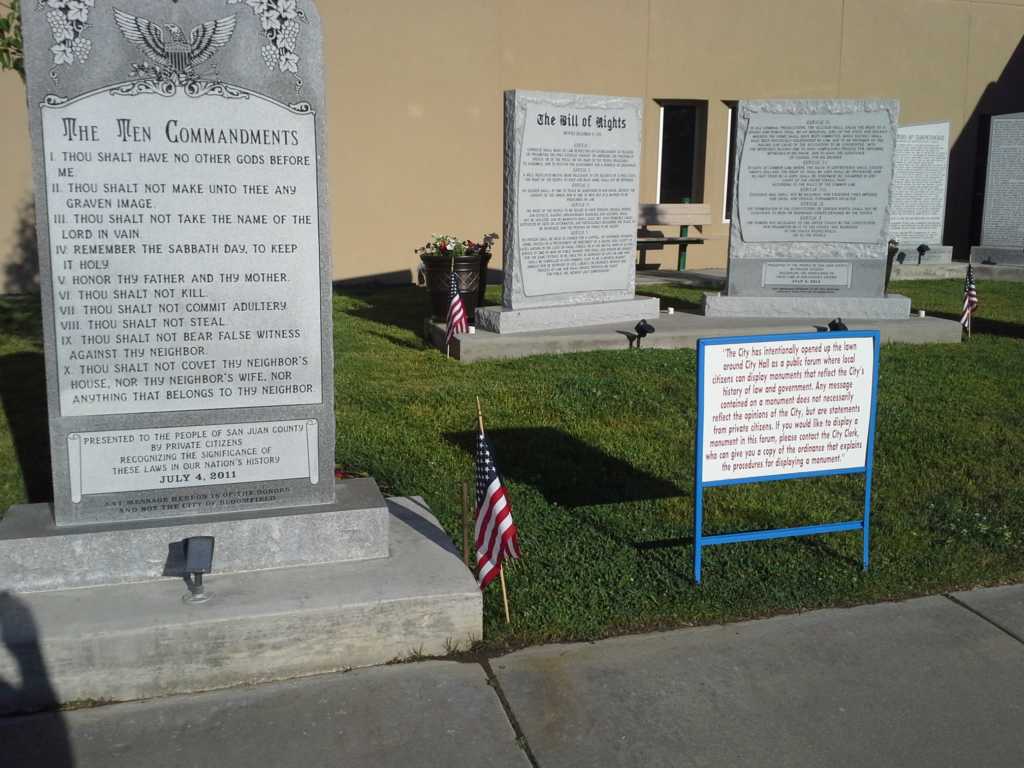

There were hate groups in the South I grew up in. As you know well, the law is only words on paper until there are people brave enough to stand up for their rights. You know I’m from Alabama-the home of the Southern Poverty Law Center, an organization that did important work in the South, vital work at a pivotal time.

No, they just call people names-like “hate group.” You’ll notice that they don’t rely on the facts. Really, a bigoted ideology which is founded on animus towards people of faith. Yet people of faith are facing a new hostility. The people of this nation are still the most religious nation in the developed world. But that’s why ADF and other groups are right to give serious thought to and to take action on these matters. And perhaps most tragically, I hear that his ordeal is far from over. The people of Georgia don’t measure up to the Weinstein standard.Īnd, of course, we’ve seen the ordeal faced bravely by Jack Phillips. Those moral enforcers, Bob and Harvey Weinstein, were so offended that they threatened to stop filming their movies here. Here in Georgia, there was a religious liberty bill proposed in the legislature. Senators ask judicial and executive branch nominees about their dogma-a clear reference to their religious beliefs-even though the Constitution explicitly forbids a religious test for public office. Twenty years later, in 1812, former President John Adams remarked that “nothing is more dreaded than the National Government meddling with Religion.”Īdams and Jefferson were political opponents-but they agreed on the human right of religious freedom. But that consensus seems to be eroding. We’ve seen nuns ordered to pay for contraceptives. We’ve seen U.S. The final product-the First Amendment-actually gives religious expression a double protection in the supreme law of the land. Not only do we possess freedom to exercise our beliefs but we also enjoy the freedom of speech. The clearest expression of this idea perhaps came from James Madison and shaped the American consensus.Īmericans moved from the Locke view of tolerating people’s religious views to respecting and acknowledging one’s right to freely exercise their religious faith.Īs Madison expressed it: “Religion or the duty one owes to our Creator,” cannot be directed by government power, and that duty “… is precedent in order of time and degree of obligation to the claims of civil society.” He declared that right, “Unalienable.” They intended this country to be a safe haven where law-abiding people could live quietly, justly, and devoutly. The Founders understood the evil of religious persecution and violence. To avoid such results, our Founders made a commitment to religious freedom that was truly historic-and it remains exceptional today. These facts reflect a rise in religious persecution in areas of the world where religious groups have been able to live peacefully together. In June, a priest was shot to death at the altar right in front of the congregation.Īccording to Pew Research, 82 countries have “high” or “very high” restrictions on religion. In the Philippines, three Catholic priests have been assassinated so far this year. In Russia, it is illegal to be a Jehovah’s Witness or to publish their translation of the Bible. In the Middle East, some religious minorities like the Yazidis and Christians, after centuries of coexistence with religious majorities, are facing the possibility of extinction. On behalf of the President of the United States, Donald Trump, I want to thank all of you for your work for and commitment to religious freedom at such a time as this.Īs President Trump said to the National Prayer Breakfast last year, “freedom of religion is a sacred right, but it is also…under threat all around us…I’ve never seen it so openly.


 0 kommentar(er)
0 kommentar(er)
